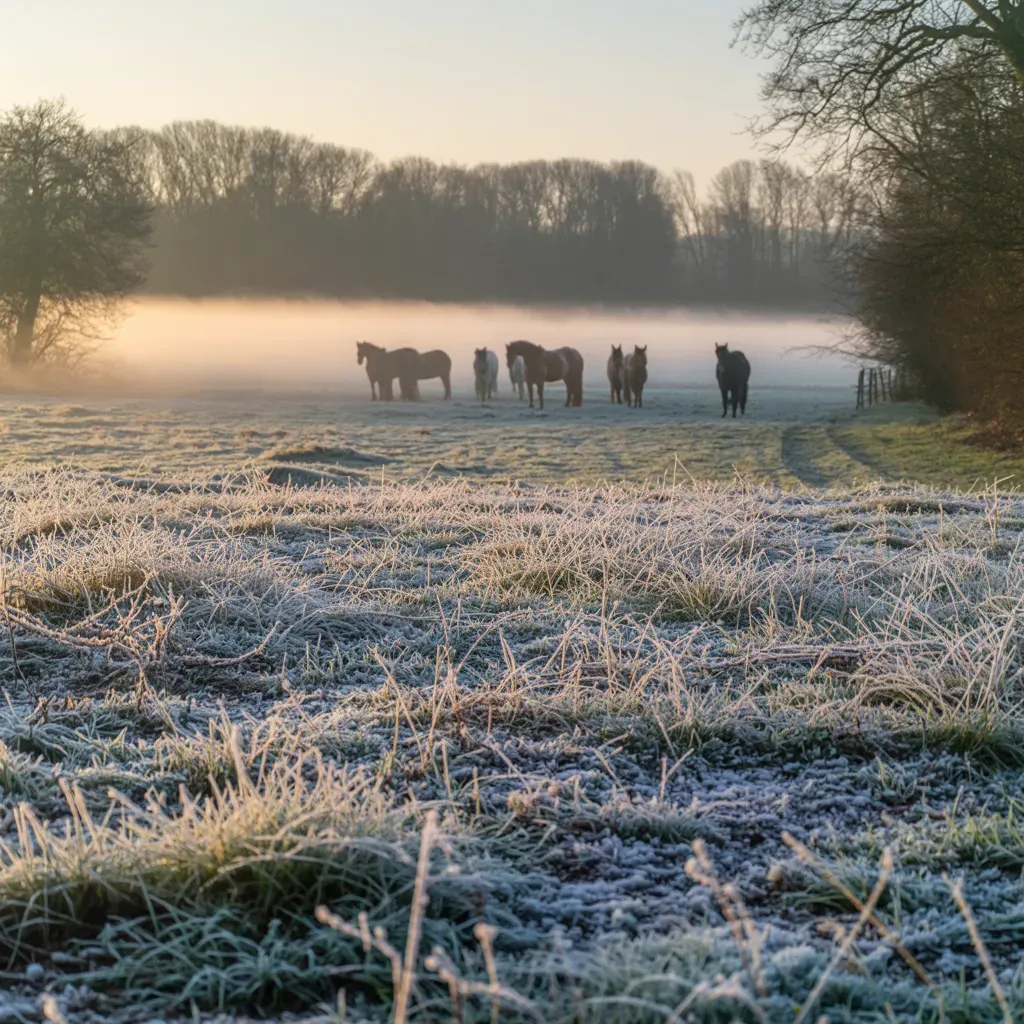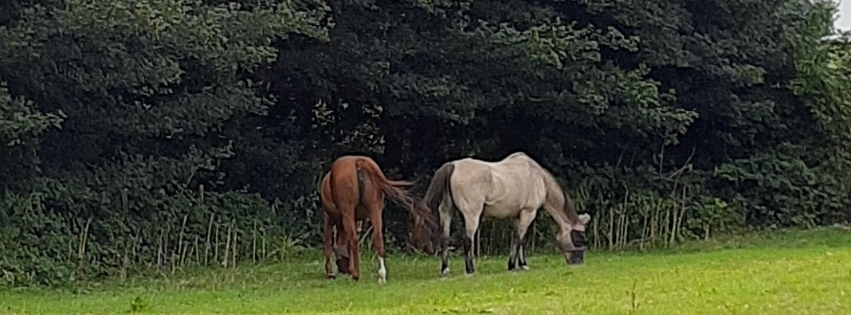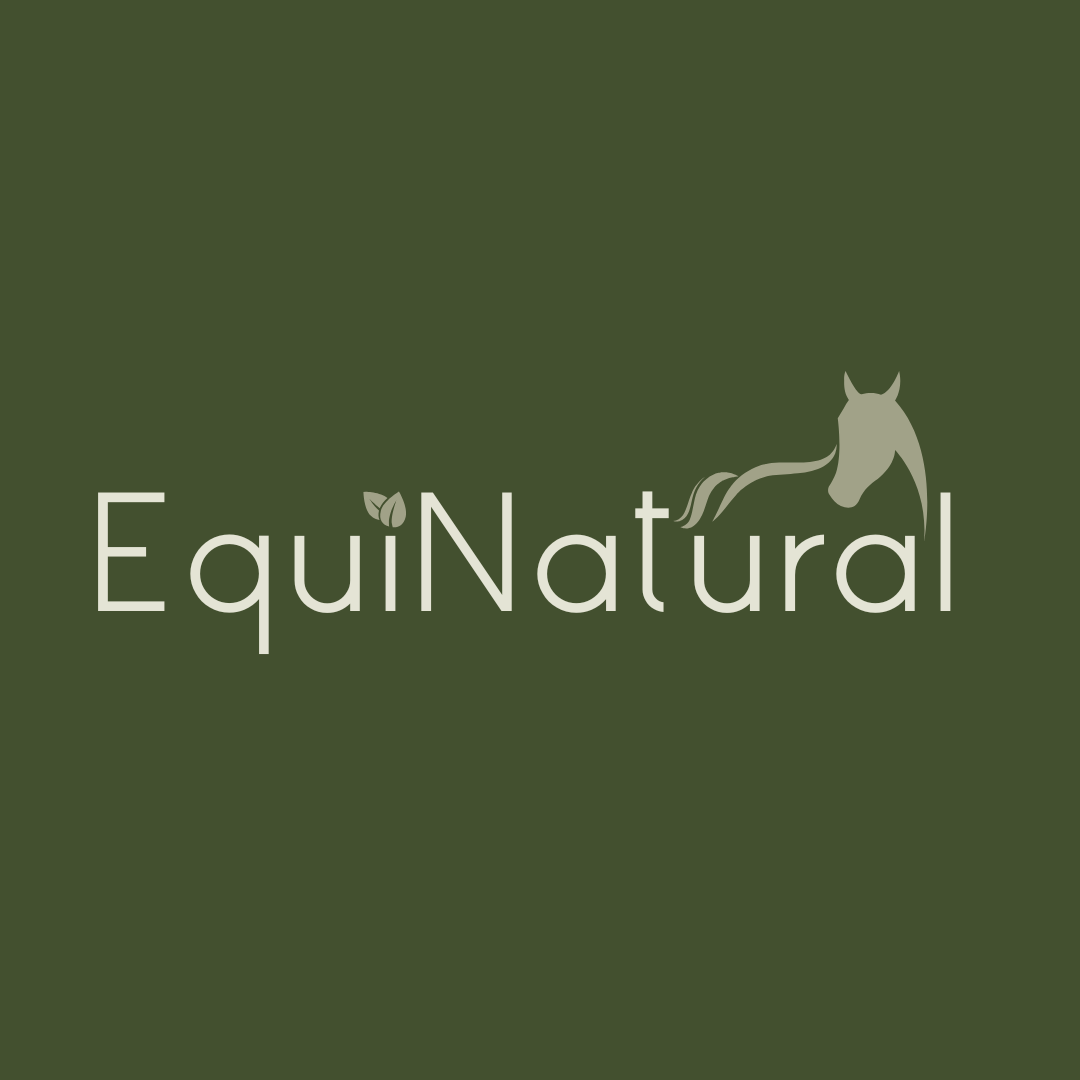Headshaking ... understanding and managing headshaking in horses
As we transition into spring and tree pollen season, headshaking in horses becomes a more common concern. However, beyond allergies, emerging insights suggest that stress plays a significant role in headshaking, often overlooked in traditional management approaches. Here’s what you need to know.
The stress connection
Headshaking isn’t always about physical triggers like pollen, flies, or tack discomfort. A growing body of evidence, supported by leading equine health experts, suggests that stress is a major underlying factor.
- Stress-induced sympathetic activation: Stress increases sympathetic nervous system activity, leading to muscular contraction. This can result in compression around the cranial nerves, a known cause of headshaking.
- Relocation stress: Horses experiencing changes in environment, herd dynamics, or management routines may develop headshaking as part of their stress response. A case study from a discussion group revealed a horse that hadn’t headshaken in years but resumed the behaviour following a move. As he settled, the headshaking ceased.
- Emotional and physical tension: Owners have observed a strong link between their own stress levels and their horse’s well-being. Horses mirror human emotions, and unresolved tension can manifest as physical symptoms, including headshaking.
How to identify stress in your horse
- Eyes: A relaxed eye is a key indicator of a calm horse. Horses experiencing stress often have tense, worried, or overly alert eyes.
- Behavioural changes: Look for signs such as irritability, hypersensitivity, avoidance, or sudden behavioural shifts.
- Muscle tension: Tightness in the jaw, poll, neck, and shoulders can be linked to stress-induced nerve compression.
Managing stress-related headshaking
Rather than relying solely on tack adjustments or fly protection, addressing the root cause – stress – can be more effective. Consider the following strategies:
- Assess and adjust management: Ensure your horse’s environment, routine, and herd dynamics support relaxation.
- Craniosacral therapy & bodywork: Many owners report success with craniosacral therapy, which helps release tension around the cranial nerves.
- Nutritional support: A diet rich in magnesium and adaptogenic herbs can support the nervous system and stress resilience.
- Owner well-being: Your stress levels impact your horse. Managing your own stress through mindfulness and relaxation techniques can have a positive effect.
- Gradual adaptation to change: If relocating or making adjustments, give your horse time to acclimatise, ensuring a calm transition.
What about pollen sensitivity?
While stress is a significant factor, seasonal allergies remain a common trigger. Consider:
- Herbal respiratory support: Nettle is a renowned natural antihistamine with liquorice helping to maintain a healthy respiratory response. See our PollenTonic.
- Immune system balance: Adaptogens like ashwagandha and echinacea support resilience against environmental allergens.
- Nasal and eye protection: A well-fitted UV-protective nose net or face mask can help reduce irritation from airborne allergens.
Key takeaway
Headshaking is often a symptom rather than a standalone condition. By addressing stress alongside potential allergens, you can take a holistic approach to managing your horse’s well-being. If your horse is experiencing headshaking, consider evaluating their stress levels first - sometimes, the solution lies not in the physical but in the emotional and environmental factors influencing them.
For tailored nutritional support and stress management strategies, contact us at EquiNatural - we’re here to help your horse thrive, naturally.










